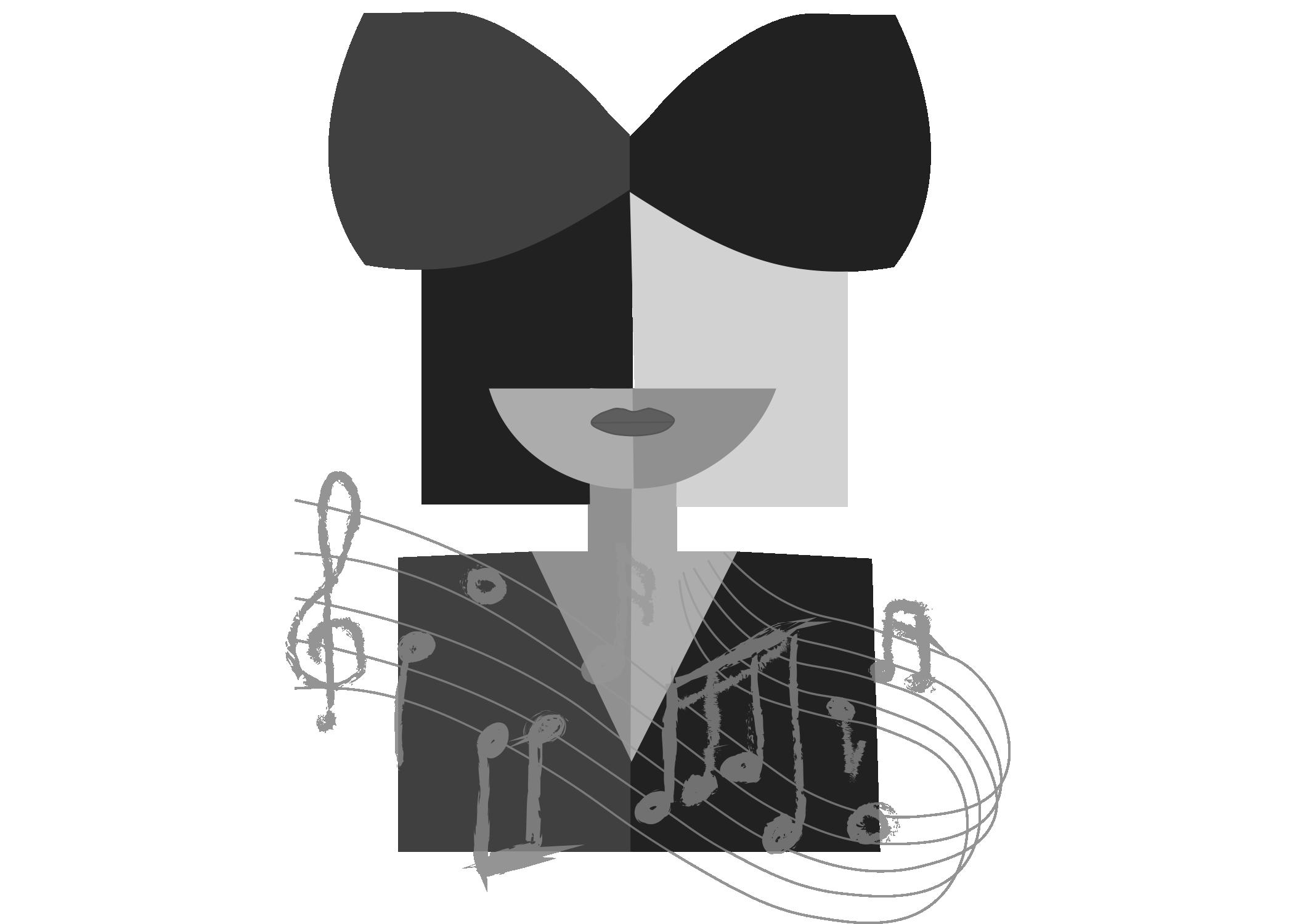
4 minute read
Turn off the 'Music'
Sia’s upcoming film, “Music,” faces backlash aiding to the misrepresentation of the ASD community in the movie industry
COMMENTARY BY MARÍA JOSÉ CESTERO, STAFF WRITER
Advertisement
Lack of representation is no stranger in the entertainment industry. Throughout cinematic history, hundreds of movies have casted actors due to their popularity rather than their talent. While people are beginning to recognize how demeaning misrepresentation is, it continues to be a problem. Most recently, pop singer Sia’s upcoming film “Music” has sparked controversy due to the offensive casting of neurotypical actress, Maddie Ziegler, as someone with Autism Spectrum Disorder (ASD).
After the film’s trailer was released in Nov. 2020, it quickly received backlash as Ziegler is a former reality TV star with no accurate grasp of the struggles of someone on the ASD spectrum. Originally, an autistic female was casted as the lead, but according to Sia’s tweets, she was dismissed due to the high levels of stress on the set. Rather than adjusting the environment to accommodate her main actress, Sia simply gave up on working with ASD actors and casted Ziegler, who is not autistic, and therefore unqualified for the role.
“It is ableism … but it’s actually nepotism because I can’t do a project without her [Ziegler],” Sia said in an interview with The Sunny Project. “I don’t want to. I wouldn’t be able to make art if it didn’t include her.”
Sia’s film can be easily seen as just another example of how modern media highlights the idea that fame is valued more than authentic roles. According to a report made by the Ruderman Family Foundation, 95% of disabled roles are played by non-disabled actors. Sia’s film is upholding this number by taking away a major role from countless autistic actors that could provide an accurate portrayal of the ASD community. Not only does this aid in the misrepresentation of disabilities everywhere, it also discourages other disabled actors from pursuing their dreams due to lack of role models.
In hopes of getting the movie canceled, Hannah Marshall, an autistic girl from North Carolina, began a petition titled “Cancel the film “Music”’ in response to the release of the film’s trailer. The petition has already reached 10,300 signatures out of the 15,000 she is hoping to gain. In her reasoning for making the appeal, Marshall describes Ziegler’s role as the lead character as “nauseating” and “extremely offensive to [herself] and other autistic individuals.”
This petition is one of many actions that have been taken in order to get the film canceled or simply recasted, however Sia has not shown any signs of changing her decision in making Ziegler the lead.
In addition, Sia consulted one of the largest non-profit autism organizations, Autism Speaks, during the development of the film. Though this may seem as a step towards representation in the movie, Autism Speaks is notorious for promoting ASD as a force that robs both the parents and children of their dreams and lives.
In 2009, Autism Speaks released an ad titled “I Am Autism,” where the disorder is portrayed as something that burdens some afflicted people just as effectively as other incurable diseases such as cancer. Although Autism Speaks markets themselves as an organization that helps people with ASD, they have once again proven their hypocrisy by stating how they care about representation while blatantly supporting and aiding Sia in a movie that has a lack of it.
“Representation matters, and we believe autistic actors should always be given opportunities to play autistic characters,” Autism Speaks’ Director of Communications Mackienzie Dougherty said.
Perhaps the worst part of this situation is Sia’s disrespectful response to the criticism she received. Sia began replying harshly to people, suggesting talented neurodivergent actors to take part in the film.
In one of the many interactions via Twitter, Helen Zbihlyj — an actress with ASD — reached out to Sia stating that she and many others would be willing to participate in the film on short notice. Zbihlyj also denounced Sia for making excuses as to why no one with ASD was included in the cast. Instead of responding with empathy, Sia instead told Zbihlyj “well maybe you’re just a bad actor.” Not only was this response incredibly unprofessional, but also contributes to the humiliation of people with ASD.
Ultimately, Sia is not just releasing a movie, she is taking away opportunities and misrepresenting people with ASD everywhere. When looking for someone to portray ASD, Sia and others should be looking no further than the hundreds of autistic actors waiting to expose their talents, instead of aiding in the degradation of their community. Hopefully, by the film’s release, “Music” will become the catapult of ASD representation in media, instead of just another stolen role and opportunity from the autism spectrum.










